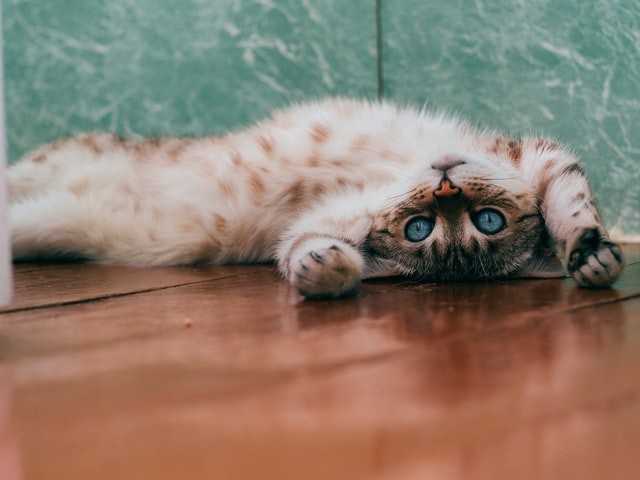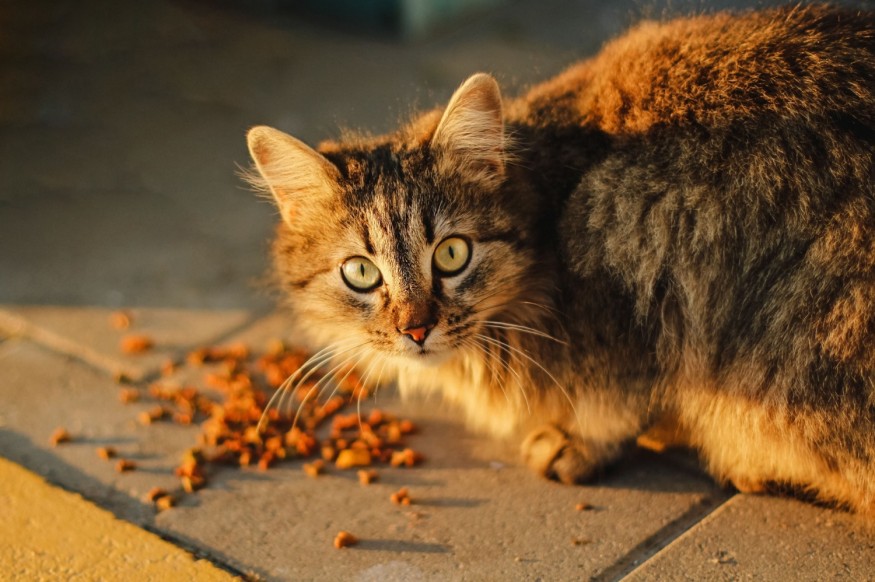Due to the harms that domestic cats inflict on birds and other animals, a fairly reputable Polish scientific institute has labeled them "invasive alien species."

Mixed Reaction
This month's decision has elicited strong emotional responses from some cat lovers, who have put the lead scientist behind it on the defense.
When Wojciech Solarz placed "Felis catus," the scientific term for the common house cat, into a national database administered by the academy's Institute of Nature Conservation, he was unprepared for the negative public reaction. Solarz is a biologist at the state-owned Polish Academy of Sciences.
Also Read : Invasive Mouse Threatens Albatross Population
Already Considered as Invasive

According to Solarz, 1,786 additional species were previously included in the database with no concerns, he told The Associated Press on Tuesday. He said that some media accounts that gave the misleading impression that his institution was advocating the euthanasia of feral and other cats were to blame for the outcry over invasive alien species No. 1,787.
Given the quantity of birds and animals that domestic cats pursue and kill, there is a growing body of scientific evidence, according to Solarz, indicating they hurt biodiversity.
He claimed that the cat "completely meets" the requirements for inclusion as an alien invasive species.
Debating the Environmental Impact
The scientist and a veterinarian debated Solarz's assessment of the risks cats cause to animals last week in a televised segment carried by independent channel TVN.
Dorota Suminska, the author of "The Happy Cat," mentioned other factors contributing to the decline in biodiversity, such as environmental pollution and urban building facades that can kill birds in flight.
Asserting that cats were unfairly given too much responsibility, Suminska added, "Ask if a man is on the list of non-invasive alien animals."
In response, Solarz said that cats in Poland kill 140 million birds annually.
The Polish Academy institute posted an article on its website earlier this month mentioning the "controversy" and attempting to explain its viewpoint. The institution maintained that its categorization was in accordance with European Union regulations and emphasized that it was "opposed to any cruelty towards animals."
Keeping Eye on Pet Cats
According to the institution, "Felis catus" is a species foreign to Europe from a purely scientific perspective since it was tamed in the ancient Middle East, where the great civilizations of antiquity originated, possibly approximately 10,000 years ago.
The institute made clear that it was only advising cat owners to keep their cats indoors when birds are reproducing.
Solarz stated, "I have a dog, but I don't have anything against cats.
Why are invasive species harmful?
Cats and other invasive species frequently have disastrous effects when they upset the delicate balance of species that have coexisted for millions of years.
As of 1999, the United States alone had more than 4,000 invasive species-typically imported species that did not develop in a specific location. The presence of invasive plants and animals may easily upset the delicate balance of nature that gave rise to rare species like the Marvelous Spatuletail of Peru and the Maui Parrotbill of Hawaii.
Invasive species can impair human health and cause significant economic losses by competing with native species, spreading illnesses, or even eradicating native species. The effects of invasive species worsen as humans continue to split habitats.
For more updates about the latest animal news, don't forget to follow Nature World News
© 2025 NatureWorldNews.com All rights reserved. Do not reproduce without permission.





